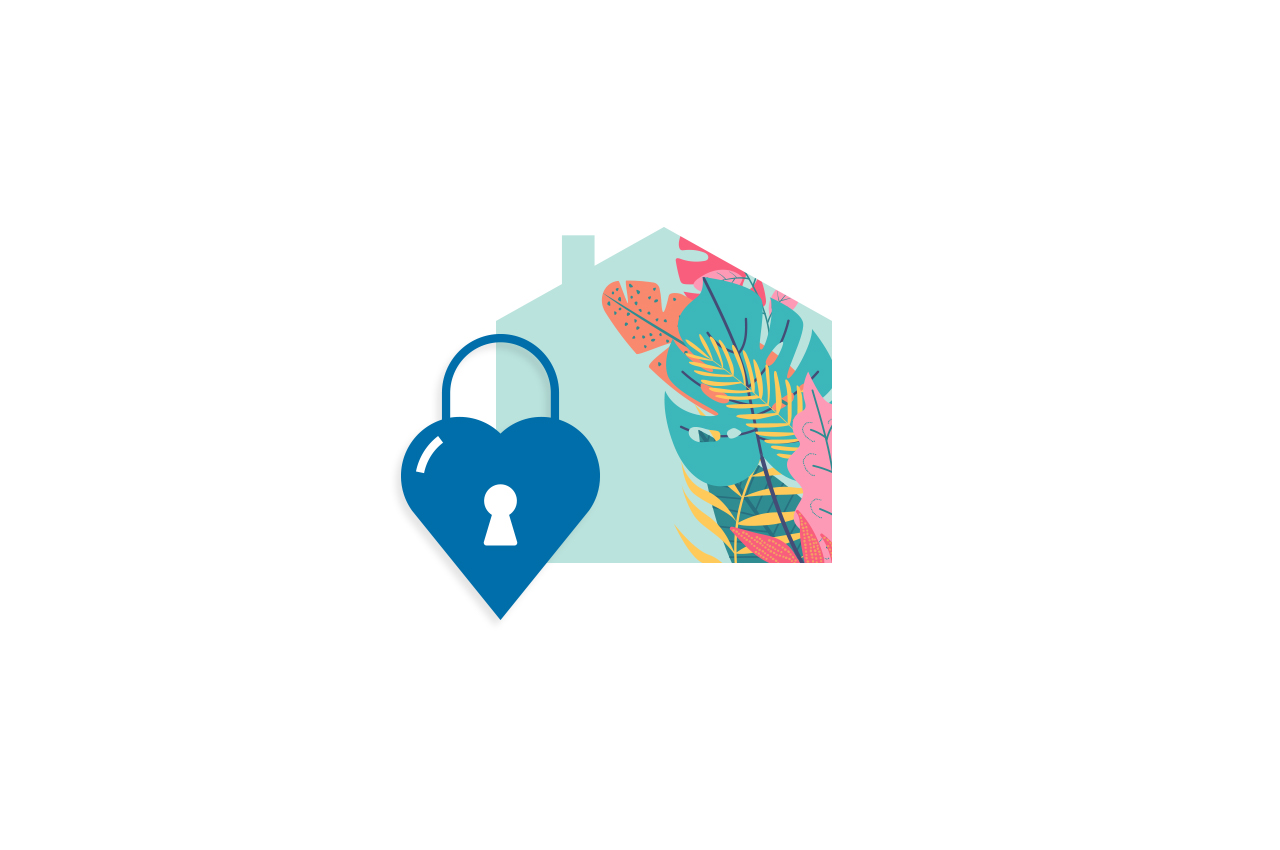It’s totally normal to be irritable or sad now and then! But if these feelings don’t go away or become so intense that you can’t handle them, you may be suffering from depression. The good news is: you don’t have to feel this way – there’s plenty of help available and many things you can do to help yourself. Continue reading “Feeling depressed?”
Tag: emotional health
Last minute shopping panic
Did you forget to buy presents for your friends and family? Starting to feel a little anxious? That’s fairly common. Continue reading “Last minute shopping panic”
What it means to be shy
Are you shy? Does the thought of walking into a room filled with strangers make you anxious? More importantly, is this just the way you are, or is it learned behaviour?
Does having kids make you happy?
For many people, getting married and having kids are entirely normal (and often wanted) life events. And those people who do go on to have children will tell you how happy they are with their latest addition – if you haven’t already seen the pictures on Facebook. Fair enough.
Emotional abuse is STILL abuse
Amongst other things, the Oscar Pistorius trial has opened the door to the fact that emotional and psychological abuse is very real, and it’s as dangerous and damaging as physical abuse. So why doesn’t it get as much attention? Why isn’t it taken as seriously?
Most abusive relationships start out normally, with the usual romance and charm that comes with meeting and getting to know someone, and ultimately falling in love with them. If there is abuse, it might not seem obvious in the beginning, because it tends to start off slowly, subtly. It’s often hard to see abusive behaviour for what it is, and all too often excuses are made for an abusive partner, or more worryingly, for the person being abused.
Recognising emotional abuse
Have you experienced an abusive relationship, or do you think your partner is starting to show signs of abuse? If any of these points ring true for you, then consider them warning bells – it’s time to move on before it gets worse.
- You feel afraid to make decisions, bring up certain subjects or contradict your partner because they get angry, quickly
- You’re afraid to break up with them because they make or hint at threats – you feel like you’re walking on eggshells all the time
- You feel boxed-in, and you have to check-in or account for your whereabouts all the time
- You tell yourself that if you just try harder, and love your partner more, that things will get better
- You find yourself worrying about how to keep your partner happy, even if you aren’t comfortable doing it
- The abuse (verbal, emotional, physical) is getting worse over time, and your partner threatens to physically harm you and/or follows through on their threats
- You’re being cut off from family and friends more and more because your partner doesn’t want you to have contact with them. They dictate when and where you can see them
- You don’t have access to your own money, or the family’s money – money is used to control and manipulate you
- You partner makes decisions about where to go or what to do without consulting you first
- Your partner belittles or humiliates you when the two of you are alone or in public
- You are having sex that is forced or rougher than you prefer
- If you bring it up, your partner acts like the abuse is nothing, minimises it or tells you that you’re crazy
- You feel intimidated by your partner when they hit something, abuse pets, brandish weapons or verbally threaten you
- Your partner routinely looks through your internet history, your phone’s contacts, texts, and recent call lists.
We spoke to well-known psychologist Janie Loubser and asked for her opinion on the subject. Here’s what she had to say:
“All relationships have a dark, messy side, but we tend to avoid the jealousies and conflicts that go on below the surface. In couples where one partner is more aggressive and the other is meek, it can be especially threatening to talk about fears, insecurities, attraction to third parties, and jealousy. When these things aren’t reflected on and talked about, patterns of shame and secrecy are set up that can become dangerous. That’s why it’s so important to talk to someone outside of the relationship, if the relationship doesn’t feel safe. It’s also important that both partners get help. The aggressive partner needs to be confronted by someone he/she can trust, and it must be done in a way that communicates care as well as firm boundaries. From the Oscar Pistorious case, it’s clear that he had a history of aggression, and it can be said that the people close to him failed him if it’s true that they didn’t confront him and encourage him to get help.”
Don’t try and go it alone
If you’re feeling this way in your relationship then it’s vital that you talk to someone you can trust – a family member, friend or support line for advice. If you’re able to see a counsellor, then do so.
For more information visit POWA – an organisation who supports women and children who have suffered domestic violence.
Visit Janie’s website at: http://www.janieloubser.co.za/
If you’d like to speak to a doctor, why not speak to one of ours – they’re ready to help you 24/7. If you aren’t registered yet, sign up to Hello Doctor. Once you’ve subscribed, you can ask a doctor to call YOU – and they’ll get back to you within an hour.
Can stress and grief actually break your heart?
This week, the long awaited trial of murder-accused Oscar Pistorius starts – and all eyes are on him. With the facts of the case laid bare though, it’s perhaps easy to forget Reeva Steenkamp’s family – and the pain they’re undoubtedly going through one year after her death. The stress of the trial seems to be taking its toll, and last week it was reported that Reeva’s father, Barry, had suffered a second minor stroke – just days before the trial was set to start.
The question is, could Barry’s stroke be linked to the grief brought on by his daughter’s death? We get our doctor to weigh in and explain the link between stress, grief and a broken heart.
Login to read the full story on the Hello Doctor website.






